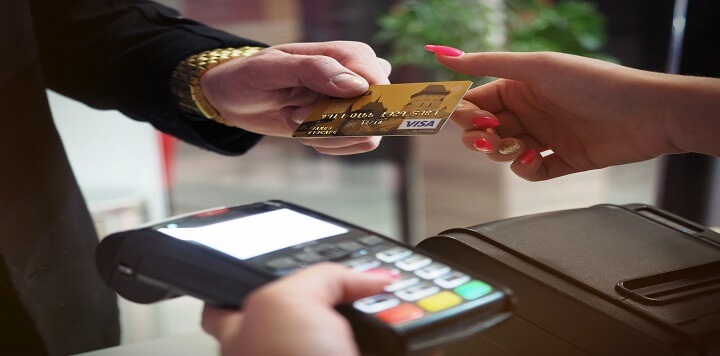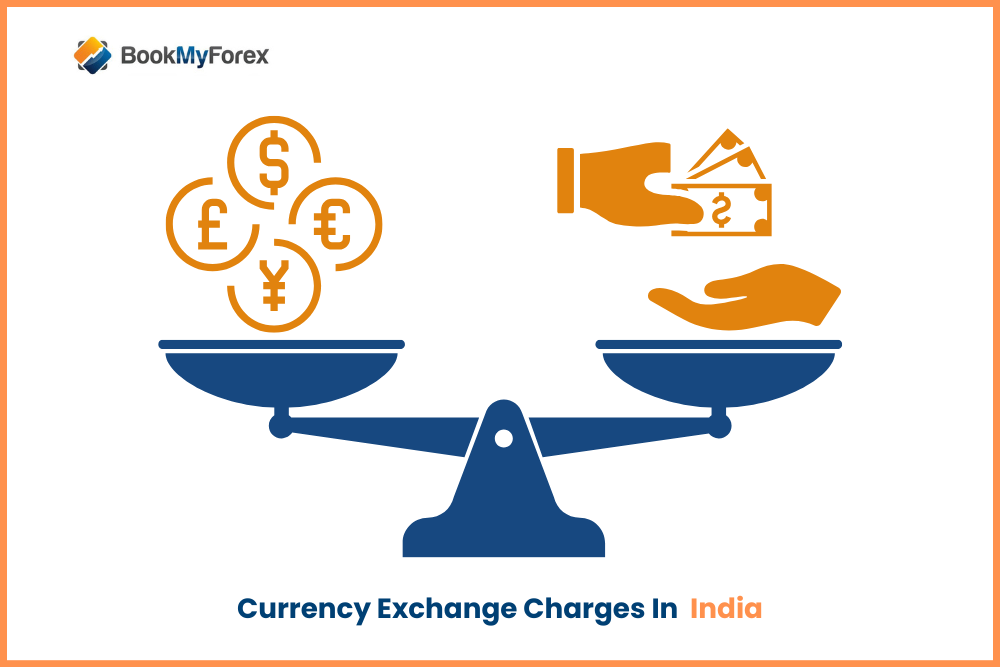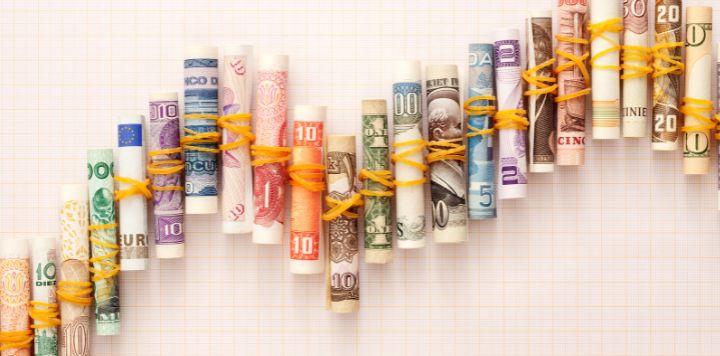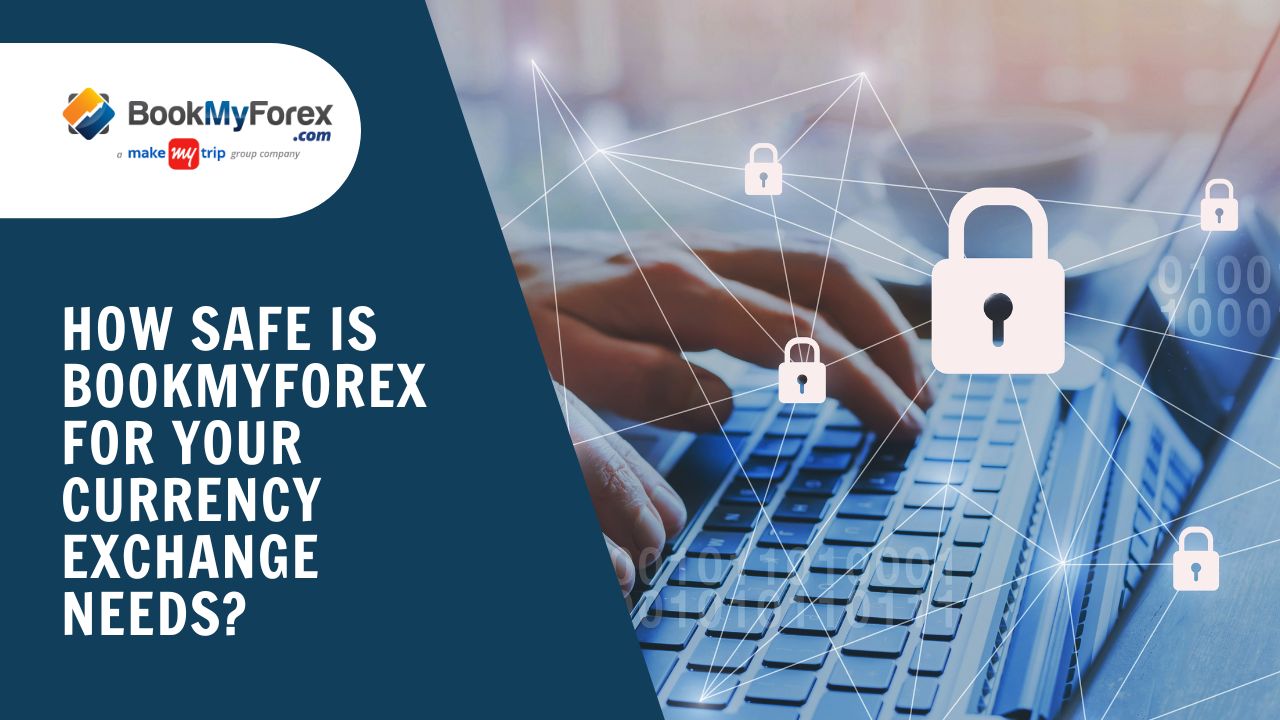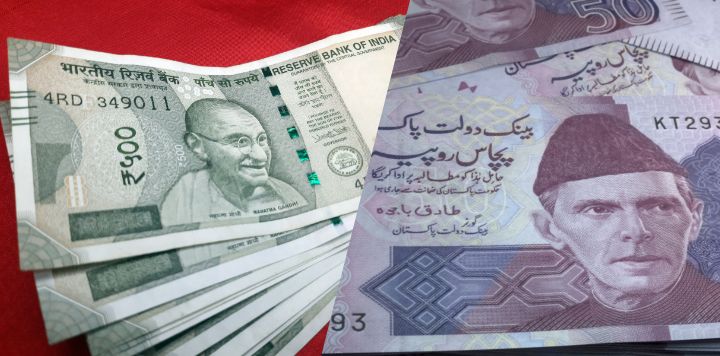Despite the Indian rupee plunging against some major international currencies, globetrotting Indians still wish to experience the thrills of travel. Traveling abroad is exciting, but it comes with its own set of risks, including currency risks. In this blog, we will provide you with a comprehensive guide to managing currency risks and making the right foreign currency choices while traveling abroad.
What are the Major Foreign Currency Exchange Risks?
Foreign exchange can be risky if you don’t understand it or are a first time traveler. There are many risks associated with foreign exchange which travelers must know about to save their hard-earned money. As a traveler, you may be exposed to currency risks in several ways, such as currency fluctuations, hidden fees, and charges.
The Currency Exchange Rates
One of the most common currency risks travelers face is currency exchange rates. When exchanging currency, it’s essential to pay attention to these rates, as they can significantly impact the amount of money you’ll receive in exchange for your currency. Exchange rates fluctuate daily. At BookMyForex, the largest online marketplace for foreign exchange, you get to see live currency exchange rates which get updated every three seconds. Our rates are competitive and you need not haggle to get the best rates.
Using Credit Cards Abroad
Credit cards are an oft-chosen payment method when traveling abroad, but they can also come with currency risks. When using your credit card abroad, be aware of foreign transaction fees, which can add up quickly.
Foreign transaction fees typically range from 1% to 3% of the purchase amount, and some credit cards may charge an additional fee for using the card abroad. Additionally, you also need to notify your credit card company before traveling to avoid any potential fraud alerts or card declines.
People using credit cards abroad pay in their own country’s local currency instead of foreign currency. This is known as dynamic currency conversion, and it allows merchants to convert the purchase amount into your home currency at the point of sale. However, this can result in unfavorable exchange rates and hidden fees.
Foreign Exchange Currency Notes
While it’s essential to have some cash on hand for emergencies and situations where a travel card may not be accepted, but you should never carry a large amount of currency notes on your trip abroad. A lot of people carry only currency notes while traveling abroad but this does not come without currency risks. Cash, though widely accepted, is prone to theft and difficult to carry especially if you are planning on carrying very large sums.
Using ATMs for Withdrawing Money
Many travelers use ATMs to access cash while traveling abroad, but these too are not devoid of currency risks. When using ATMs, be aware of fees charged by your bank and the local bank. Some banks may charge a foreign transaction fee, while others may charge an ATM withdrawal fee. The credit card issuer will impose cash advancement fees. In both instances, you can end up spending a lot of money when using an ATM for withdrawing money.
How can you Better Manage Currency Risks?
There are several things you can do that can help you manage currency risks while traveling abroad. Let’s take a look at it:
Prepaid Forex Cards
One such way is to pick a prepaid forex card. Prepaid forex cards such as those from BookMyForex allow you to load money onto the card in advance, and you can use the card to make purchases. Forex cards can be used just like debit cards, and they come with added security features, such as the ability to lock and unlock the card remotely.
The BookMyForex card is available at the best forex rates. You can load up to 14 currencies on this multi-currency forex card and keep a track of all transactions through the BookMyForex app.
If you still wish to carry some currency, carrying both forex card and currency notes in the 90% and 10% ratio is highly advisable. The smaller sums of cash come in handy for quick meals, buying train or bus tickets or taxi fare. Avail forex card or currency notes at BookMyForex’s unbeatable rates, where you can book immediately by paying a 2% refundable deposit. Our hassle-free online booking process makes currency exchange seamless and extremely transparent.
Travel Insurance
Travel insurance is an essential tool for managing currency risks while traveling abroad. Travel insurance can provide coverage for currency-related losses, such as lost or stolen cash, credit cards, or prepaid travel cards.
The insurance you buy can also provide coverage for medical emergencies, trip cancellations, and other unforeseen events that can impact your travel plans and budget. When purchasing travel insurance, make sure to read the policy carefully and understand what is covered and what isn’t.
Traveler’s Checks
Traveler’s checks are a safe and convenient way to carry money while traveling. However, they may not be widely accepted, and there may be fees associated with purchasing and cashing them.
Some other ways to manage currency risks while traveling abroad
Research exchange rates
Research about the exchange rate for the currency you will need in your destination country. This can help you plan your budget and avoid getting ripped off by unfavorable money changers.
With other currency exchange providers, you have to be careful of hidden fees and charges. Some of them may charge a commission, and others may add a huge markup to the exchange rate. To avoid these charges, research exchange services beforehand and compare the exchange rates and fees of different providers.
Avoiding currency exchange at unreliable places
Currency exchange kiosks at airports and other tourist areas often offer poor exchange rates and high fees. Instead, consider using a bank or reputable exchange provider such as BookMyForex for currency exchange.
Exchange currency in advance
Another tip for managing currency exchange risks is to exchange your money in advance. This will allow you to take advantage of favorable exchange rates. BookMyForex allows you to easily exchange Indian currency for the currency of your destination in a seamless manner. Our ‘Rate Alert’ feature notifies you when the forex rate that you are interested in becomes available.
Carry a mix of payment options
Carry a mix of payment options, including cash, and forex cards. This can help you avoid being stuck without a way to pay if one option doesn’t work.
Be aware of scams
Beware of scams involving currency exchange, such as people offering to exchange money on the street. Stick to reputable foreign exchange providers such as BookMyForex.
Tips to manage your money while traveling abroad
Before your trip:
- Confirm your contact information is up to date
- Create a list of important international phone numbers
- Speak with your forex provider about how to send a wire transfer while abroad in case needed
- Make sure you have wifi or cellular service overseas
- Consider bringing both forex cards as well as the local currency of the destination country
- Inquire about foreign transaction fees, international ATM withdrawal fees, card compatibility, and daily card limits
During your trip:
Keep copies of important documents separate from the originals. Use international access codes to contact your bank toll-free if the need arises.
After your trip:
Contact your bank or forex provider to sell any unused foreign currency.
Conclusion
Managing currency risks while traveling abroad is essential to avoid unexpected expenses and ensure that your travel budget stays on track. By following above tips, you can minimize currency risks and enjoy a worry-free travel experience.
Prepaid travel cards offer best forex rates and low fees, while travel insurance can provide coverage for currency-related losses and other unforeseen events. By being aware of currency risks and taking steps to manage them, you can focus on enjoying your travel experience and making memories that will last a lifetime.
